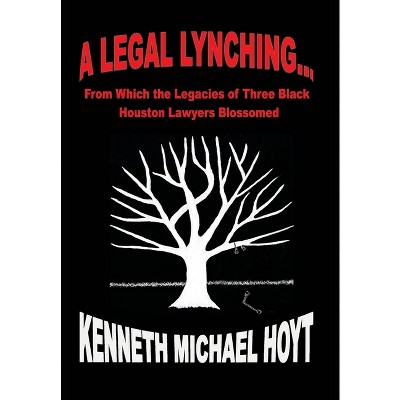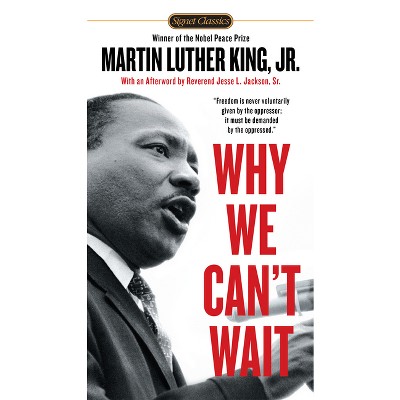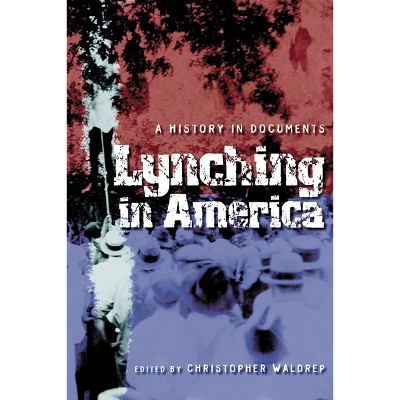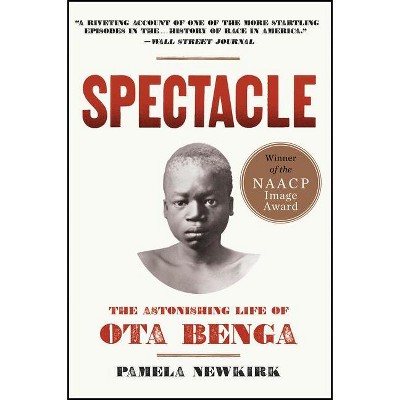Sponsored

Lynching in North Carolina - by Vann R Newkirk (Paperback)
In Stock
Sponsored
About this item
Highlights
- From the end of the Civil War through 1941, a total of 168 North Carolinians lost their lives to lynching.
- About the Author: Vann R. Newkirk is an associate vice president for Academic Affairs and associate professor of history at Fort Valley State University in Fort Valley, Georgia.
- 206 Pages
- History, United States
Description
About the Book
From the end of the Civil War through 1941, there were 168 North Carolinians who lost their lives to lynching. This form of mob violence was often justified as a means of controlling the black population; "protecting" white wives and daughters; and defending family "honor." Legal attempts to deter lynching--including the 1893 law that classified it as a felony and sought to hold a county liable for damages--generally failed because of a lack of local support and ineffectual enforcement by state officials.Book Synopsis
From the end of the Civil War through 1941, a total of 168 North Carolinians lost their lives to lynching. This form of mob violence was often justified as a means of controlling the black population, "protecting" white wives and daughters, and defending family "honor." Legal attempts to deter lynching--including an 1893 law that classified it as a felony and sought to hold a county liable for damages--generally failed because of a lack of local support and ineffectual enforcement by state officials.
After 1922, however, in a phenomenon unique to North Carolina, incidents of lynching inexplicably and rapidly declined, prompting the state to head a national movement to end it. This history includes appendices providing an account of all 168 known lynching occurrences.
Review Quotes
"expand[s] our understanding of the evolution of lynching and will serve well for classroom use"-The Journal of Southern History; "well written...well researched, heavily documented"-News-Record. com, Greensboro, N.C.
About the Author
Vann R. Newkirk is an associate vice president for Academic Affairs and associate professor of history at Fort Valley State University in Fort Valley, Georgia. He has extensively researched the development of the NAACP in North Carolina and has served as an educational consultant for colleges across the South.Shipping details
Return details
Discover more options

















